A Shining Star In The Speculative Sky
Sometimes … a particular author or piece of writing is so good, it doesn’t seem to matter whether the work is secular or Christian. Lois McMaster Bujold is one of those authors.
I basically quit reading secular SF/F years ago because I’m one of these overly sensitive, impressionable sorts who feels icky after spending too long immersed in writing infused with the usual New Age, occultic, or humanistic/feministic thinking, or with less-than-wonderful language or sexual content. (Not that I’ve been overly thrilled with many CBA offerings, either, but that’s another post for another day.) So when I joined Christian Fandomabout three years ago and started hearing how people loved this particular “newer” author, at first I ignored the conversations, but then was intrigued.
The first book of hers I tried was The Curse of Chalion,the first of a fantasy trilogy that yes, has a few elements that I found pagan and/or occultic, and a smattering of rough language (sexual content is implied rather than explicit) … but the writing is so smooth, the setting so vivid, and the characterization so wonderful, I was immediately hooked. The author is a self-professed gnostic, but she has an amazing way of capturing the essence of a relationship with God—both the doubts and devotion—and the longing for “something more” that so often drives us into His arms.
I then devoured the sequel, Paladin of Soulsand ventured into the SF Vorkosigan saga, which begins with Cordelia’s Honor (an omnibus containing the two novels Shards of Honor and Barrayar) and continues with the classic Warrior’s Apprentice, the first story where the infamous Miles appears as the protagonist.
I borrow heavily from Greg Slade’sreviews of Bujold’s books, and he beautifully explains their appeal:
‘… [this] makes for classic space opera … Except that Bujold rises above space opera, and brings the genre to a whole new level. For one thing, her science is a good deal more careful than that of most space opera writers, who (apparently) can’t be bothered to learn the difference between that which is currently technically infeasible, and that which is inherently impossible. For another thing, unlike much science fiction (not just space opera), which tends to be driven either by plot, or by (if you will) special effects, and places character in second place compared to evoking a sense of wonder, Bujold’s stories are driven by character. You won’t find her putting words into a character’s mouth which don’t belong there, simply because “somebody has to say that.” In fact, a great deal of the wit in her books (and they are very witty) comes from that strong sense of character.’
Miles in particular is not to be missed. Some very sensitive individuals may object to some content—there are some “squick” factors, and Greg could tell you how strenously I objected to the way technological advances in childbirth were presented—but overall, the characters and stories are so engaging, it’s easy to overlook all that.
When I grow up, I wanna write like Lois Bujold.

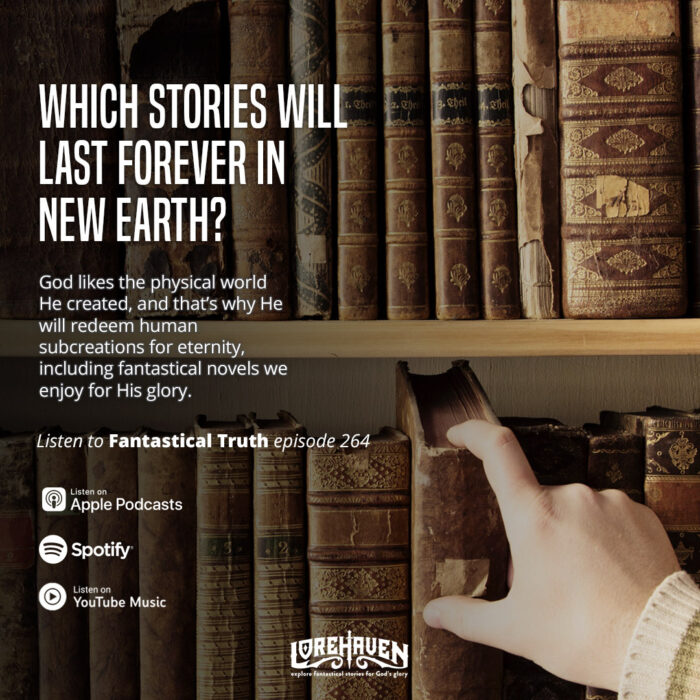
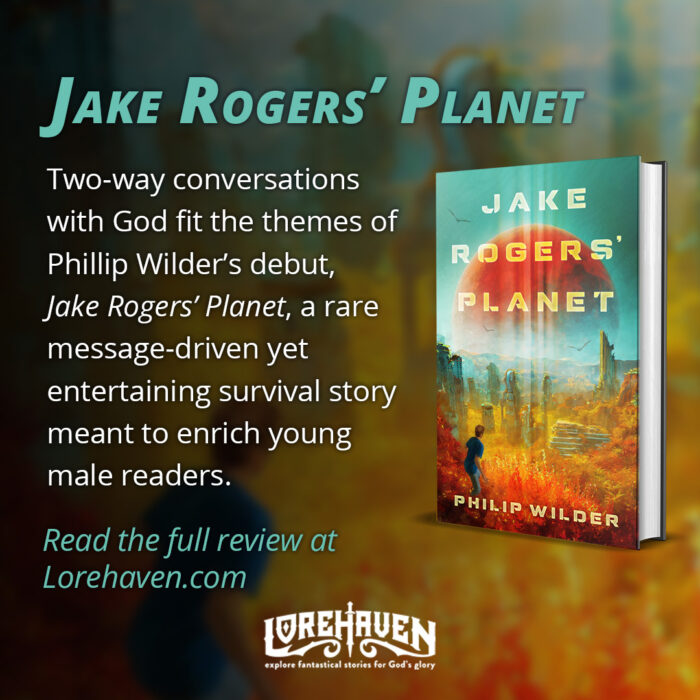
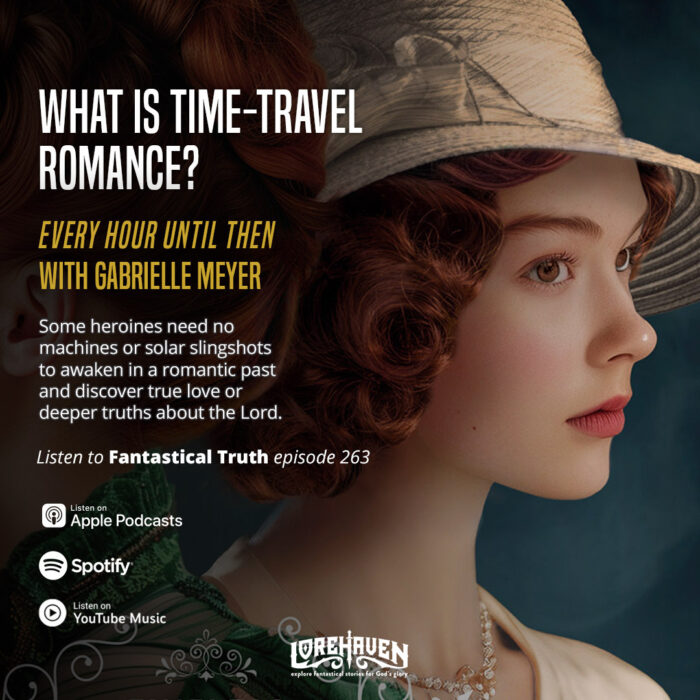

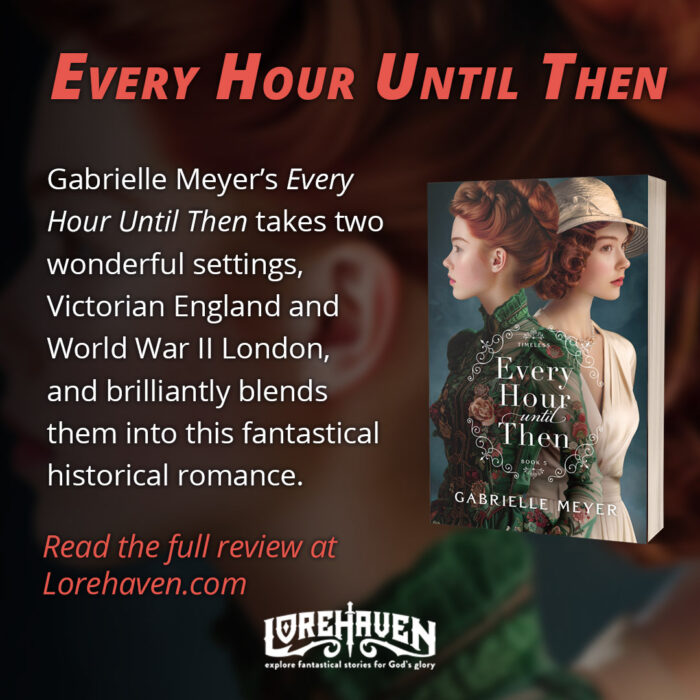












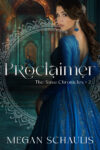
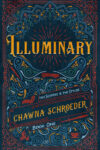

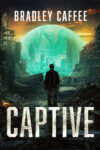



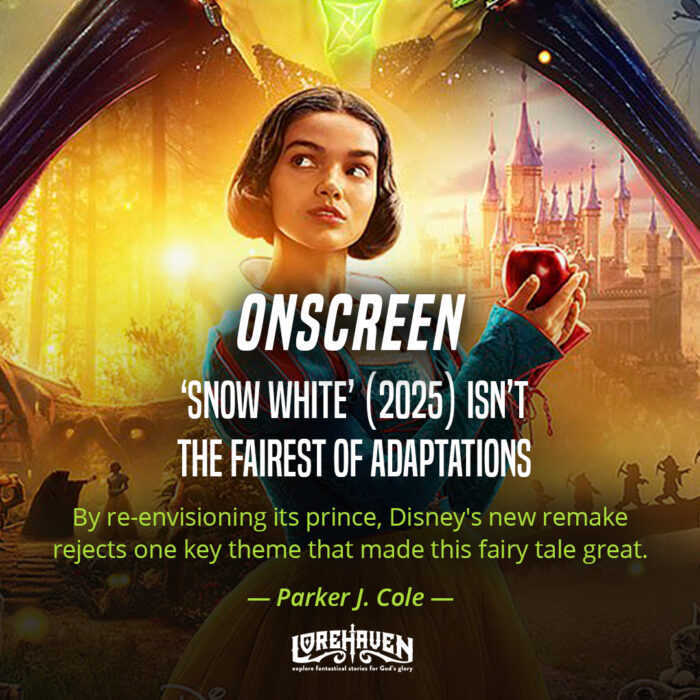
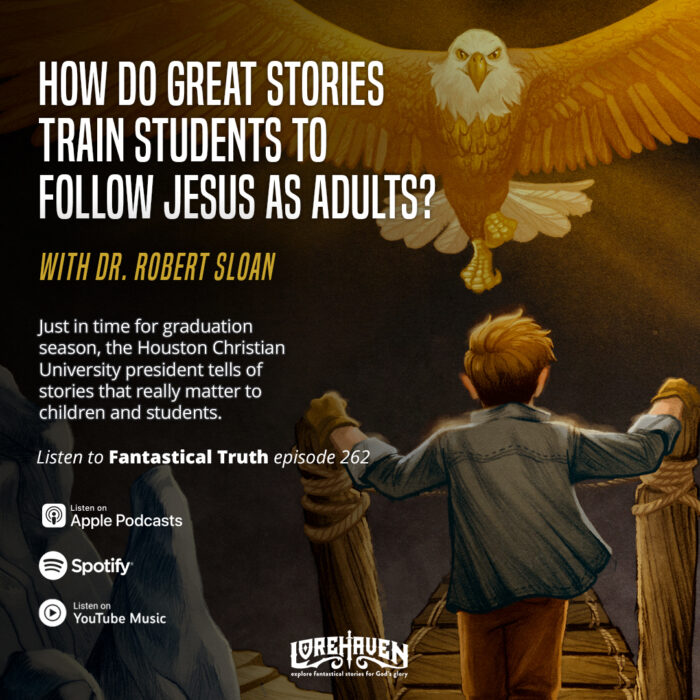
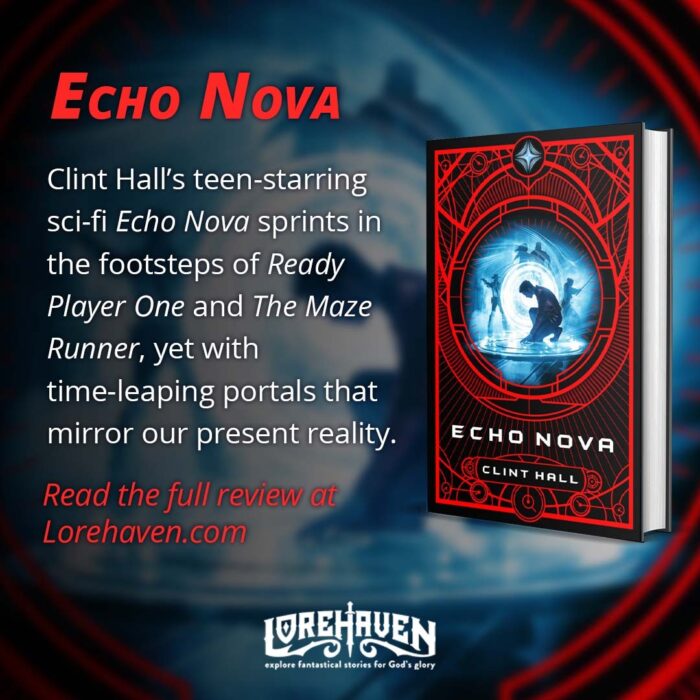
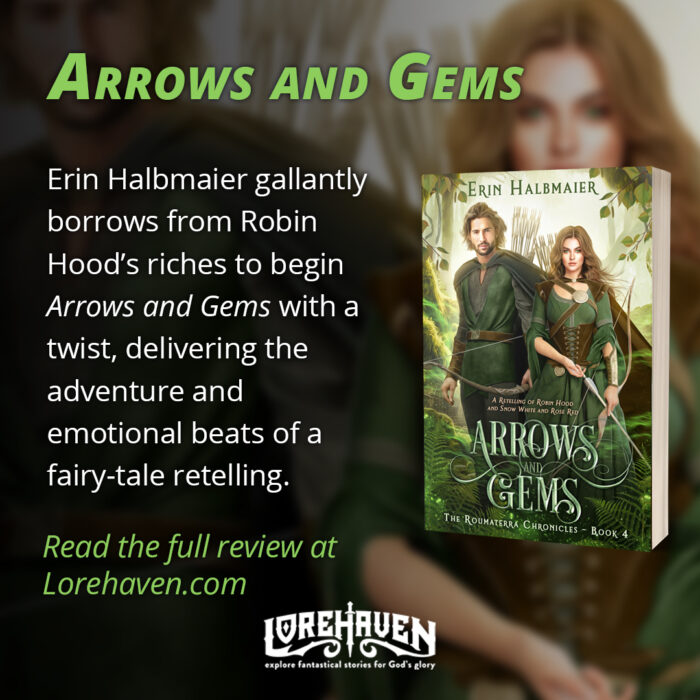
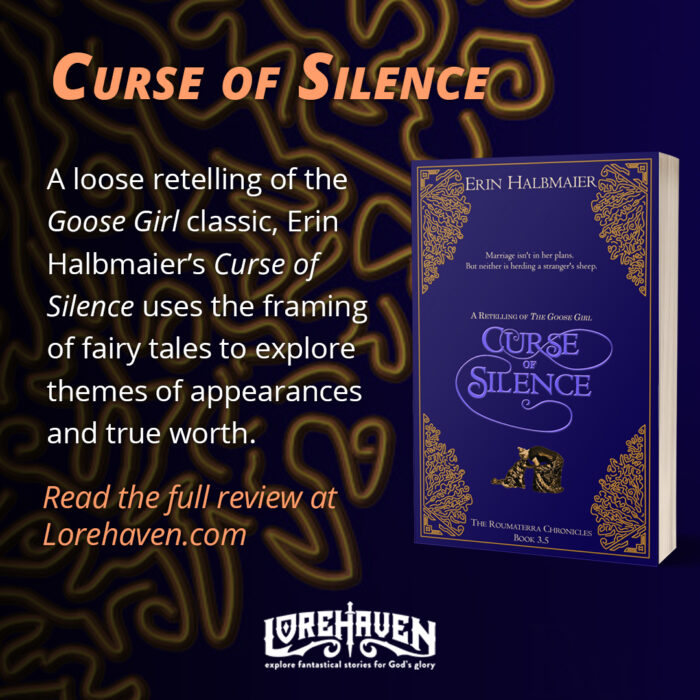
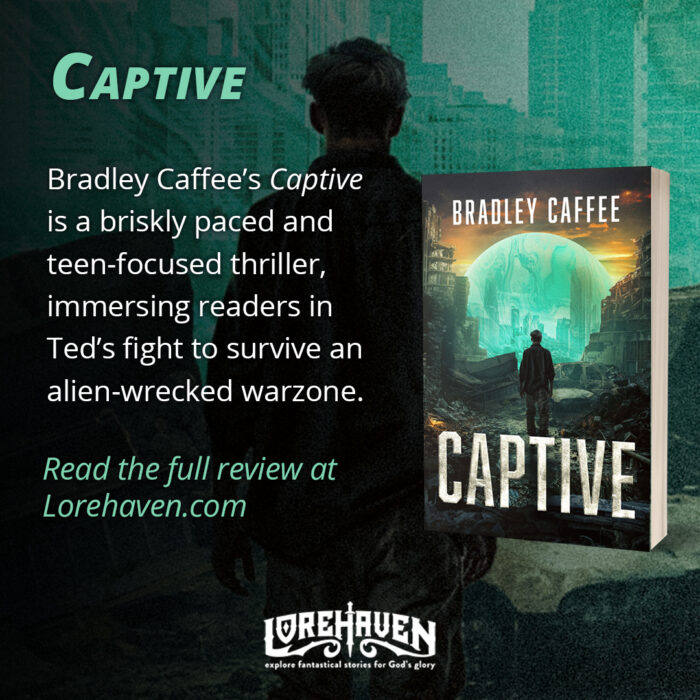

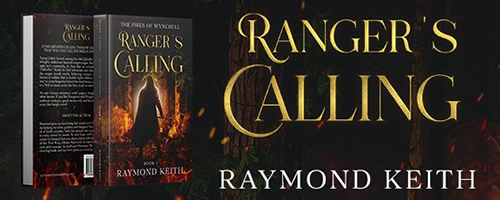
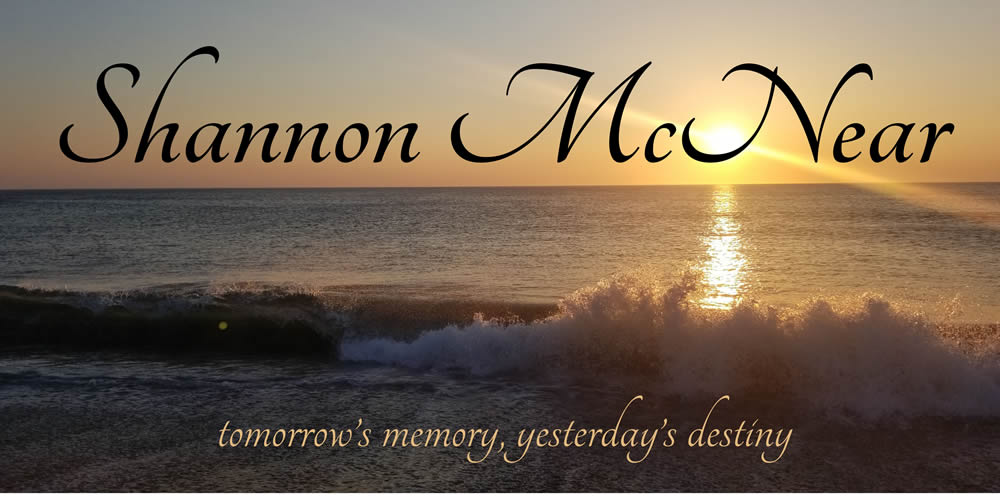



Share your fantastical thoughts.